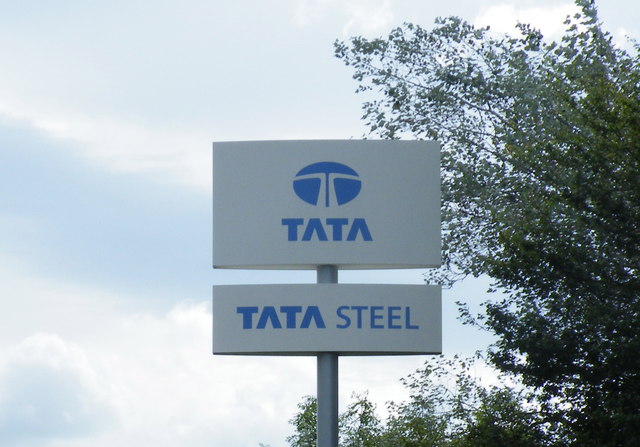The JRD Tata Chair, constituted by Tata Steel to conduct a neutral study of its CSR activities to ascertain if the vision of its founder had been realized, has nailed the global steel major for having made ‘historical mistakes’.
Constituted at the Xavier Institute of Social Service (XISS) in April 2010, the Chair was headed by Professor Anirudh Prasad, HOD of research and publication.
It was mandated to conduct a detailed survey of 898 villages across three states Jharkhand, Chhattisgarh and Odisha and find out if there had been mistakes on the part of the steel major that lead to resentment among the local tribals.
Tata Steel, however, did not respond to mails, texts and repeated calls from TOI about its stand on the accusations of not being able to extend benefits of CSR to the project-affected people.
Though the research and study was to be completed within three years, it took the researchers comprising professor Prasad, his assistant Sudeep Kumar and team of students almost five years to be through with it. The work was delayed owing to logistical constraints, a final internal report of which was submitted to Tata Steel in March 2015. As per the mandate of the commissioned research work, the institute has now come out with a book titled ‘Beyond Business: Mapping the CSR and sustainable development initiatives of Tata Steel’ enumerating in detail the findings of the study that focused on Tata’s CSR activities in rural areas mostly under its arm -Tata Steel Rural Development Society (TSRDS).
Talking about the major shortcomings of the CSR activities of TSRDS, Prasad said most of the CSR projects have been unsustainable, stereotypical and far from extending benefits to the local populace. “We asked the Tata’s to show us their model village in order to choose it as our test-check project. Hence Idalbera in West Singhbhum district was chosen. But we found that there were methodological gaps. Despite highlighting the lack of sustainability, we found no improvement even after four years when we revisited the village in 2015,” he said.
Elaborating on the shortcomings, assistant professor and co-researcher Sudeep Kumar said: “Irrigation scheme was adopted for the village, but there was no mechanism to transfer ownership and maintenance to the villagers. Once the project would be over, the infrastructure would become defunct and the assets rendered useless.”
Commenting on the research work, assistant professor of Gokhle Institute of Politics and Economics, Ganesh S Narkulwad in his one-page note highlights that at Jonragora in Ramgarh, the Tatas have not given permanent compensation for land acquisition to the villagers who lost their land, while the medical and education services by TSRDS in West Bokaro are not up to the mark.
TOI in its April 15, 2010 issue had published a report titled ‘Tata Steel to review realization of JRD Tata’s vision’ in which the then chief of corporate sustainability services (CSS) of Tata Steel, Satish Pillai had categorically stated that the company wants to find out if something has gone wrong and decide the future course of action, particularly in carrying out CSR activities. “We have our own Tata Institute of Social Service (TISS), but we want a neutral study by an independent agency,” he had then said.
Now with the report in hand, Tata’s are yet to respond to the findings. Prasad said apart from the acknowledgement of receipt of the report, no communication has been sent. “It was only on June 17 that incumbent chief CSS of Tata Steel, Biren Ramesh Bhuta, replied to my mail and agreed to convene a workshop on the outcome of the research findings with CSR practioners sometime in late July,” he said, showing a copy of the letter.
This article was taken from here.

